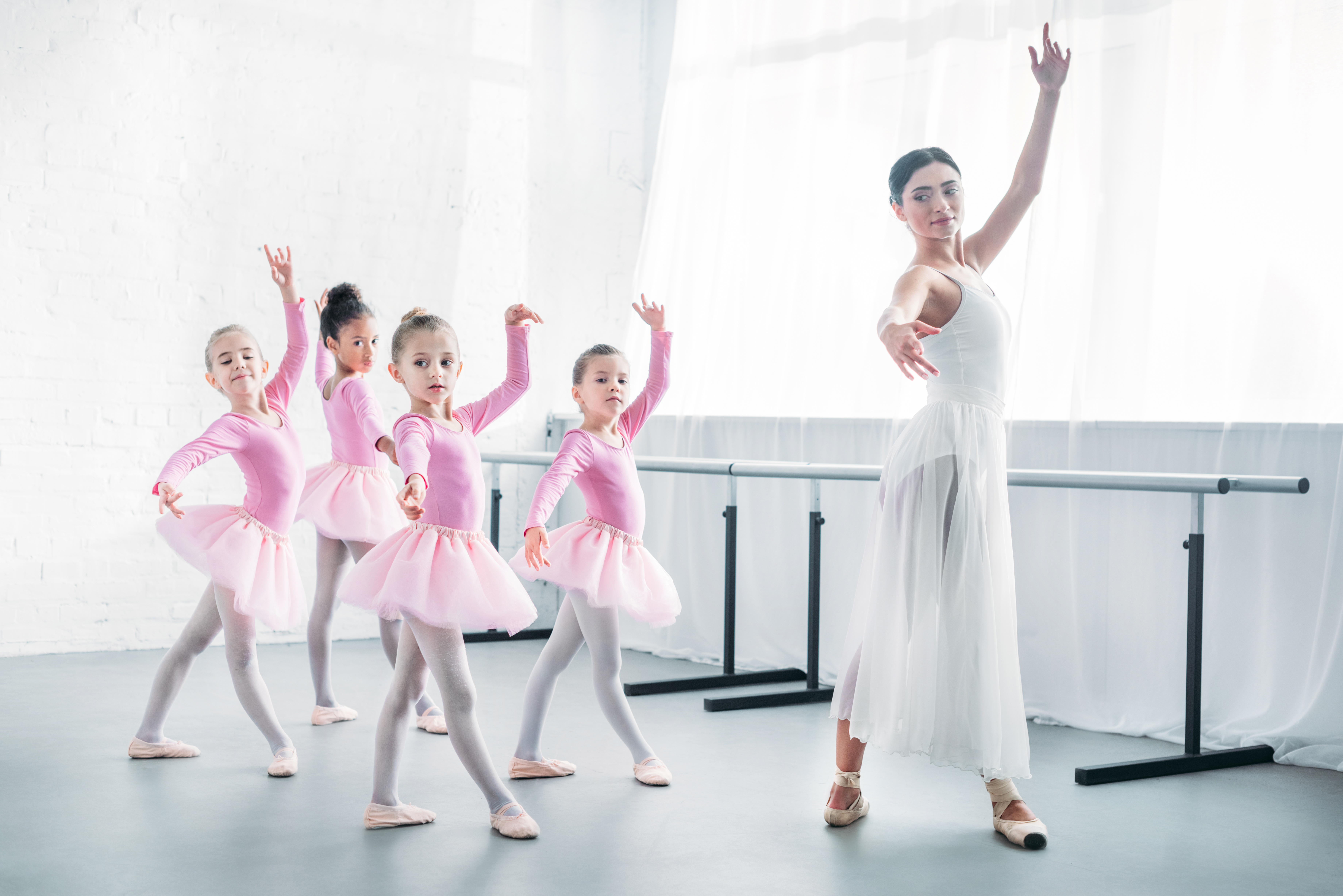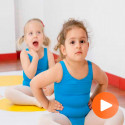Children's Classic Ballet: integral development through dance.
The practice of classical ballet in childhood offers a series of significant benefits for the physical, emotional and cognitive development of children. Although it has traditionally been associated with the discipline, the children's classic ballet goes beyond the simple teaching of elegant movements; it contributes positively to the integral growth of little dancers.

Physical Development:
Children's classical ballet is a discipline that encourages coordination, flexibility and physical strength from an early age. Through the repetition of specific movements and postures, children develop awareness of their own body, improve posture and strengthen muscles. This activity helps build a solid foundation for physical development, promoting health and general well-being.
Discipline and Concentration:
Classical ballet involves following precise movement patterns and paying attention to details. The children learn to work together with their peers and to follow the teacher's instructions, which encourages discipline and teamwork. In addition, the necessary approach to perform the movements with precision improves the concentration of the children, a skill that is transferred to other areas of their lives.
Emotional Development:
Dance is a form of artistic expression that allows children to release emotions in a controlled and constructive way. Through the interpretation of characters and the expression of feelings through movement, children develop emotional and social skills. Children's classical ballet gives them a safe space to explore and communicate their emotions, contributing to their emotional development and providing them with tools to manage stress and anxiety.
Promotion of Self-Esteem:
As children progress in their ballet studies, they experience an increase in their self-esteem. Overcoming challenges, perfecting movements and dedication contribute to strengthening their self-confidence. The achievement of goals within the context of classical ballet gives them a sense of achievement that translates into greater self-esteem and self-confidence.
Socialization and Respect:
Participation in classical ballet classes involves working in a group, which encourages socialization and respect for others. Children learn to listen and collaborate with their peers, which contributes to the development of important social skills. In addition, respect for the teacher and the understanding of the rules of behavior in the ballet studio cultivate essential values for coexistence and work in society.
Share this content











By Mateo 10/29/2024 04:26:17
hola soy Mateo y yo enseño danza a las niñas de 4 a 6 años